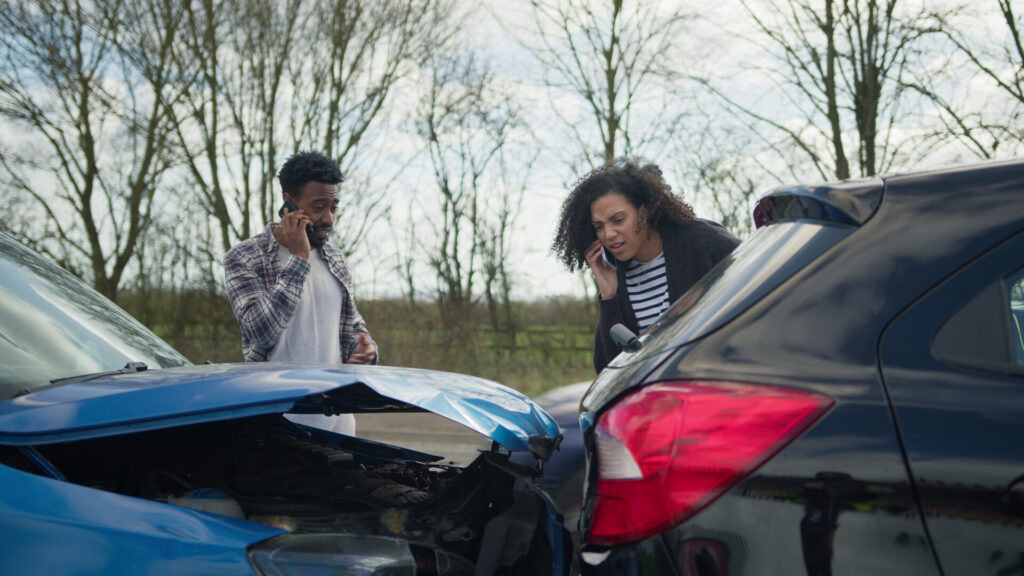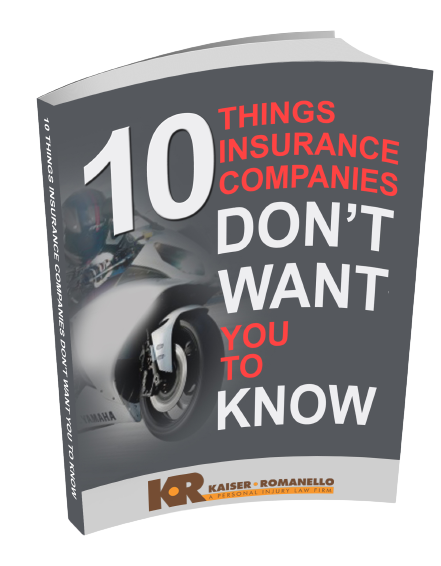How Are Personal Injury Settlements Paid Out in Florida?
Kaiser Romanello Accident & Injury Attorneys
Call Now: 844-877-8679
Personal injury cases in Florida can overwhelm you. Physical injuries, property loss, or emotional trauma complicate things. Still, understanding settlement payouts empowers injured parties. Whether you seek compensation for pain, damage, or bills, this guide clarifies Florida law. Here’s what to expect.
Our experienced personal injury attorneys offer clear advice. We help you recover and secure finances.
1. The Settlement Process in Florida
For wrongful death, slips, or car accidents, settlements often start with an offer. Typically, the at-fault party’s insurer proposes it. Your lawyer negotiates a fair deal. This covers medical costs, distress, and damage.
- Initial Negotiations: Your attorney collects evidence—texts, witness statements, medical records. Then, insurers may lowball you.
- Settlement Agreement: Next, both sides sign a deal. It details payout timing.
- Disbursement: Finally, funds pay treatment, liens, fees. You get the rest.
A skilled law firm maximizes every dollar under Florida statutes.
2. Lump-Sum vs. Structured Settlement
- Lump-Sum Payment: Most settlements arrive as one payment. You get it all at once. This tackles immediate needs—care, fees, expenses—fast after trauma.
- Pros: Quick cash clears debts soon.
- Cons: Mismanagement risks arise. Tax issues might too—check with a pro.
- Structured Settlement: Alternatively, payments spread over time—monthly or yearly. This suits serious cases with ongoing care or suffering.
- Pros: Steady income prevents shortages. Taxes may favor you.
- Cons: Less control exists. Changes aren’t allowed later.
3. Liens and Attorney’s Fees
In Florida, liens from hospitals or insurers hit settlements first. Your lawyer’s contingency fee comes out too—no upfront costs.
- Attorney’s Fees: Accident lawyers take a cut after winning. You pay nothing until then.
- Paying Medical Liens: Providers claim their share. Your settlement covers these bills.
4. Potential for Punitive Damages
Sometimes, courts award punitive damages. These punish reckless behavior. They boost your total beyond medical or pain compensation. However, proving willful misconduct takes extra effort.
5. Timeframe and Legal Action
Settlement timelines vary. Simple cases wrap up fast with good offers. Complex ones—like Tampa injuries—need mediation or trials.
- Collecting Testimonials: Witnesses speed up talks.
- Ensuring Fairness: Your attorney negotiates or fights in court.
- Legal Advice: Ask about agreements or steps ahead.
6. How Our Florida Law Firm Helps
At Kaiser Romanello, we ease settlement stress. Our accident lawyers guide clients through Florida courts. From consultation to payout, we handle wrongful death and big injuries compassionately.
- Contingency Fee: No upfront costs—we win, then get paid.
- Contact: Call 844-877-8679 for a free consultation.
- Florida Reach: We serve Tampa and beyond.
- Client Focus: We prioritize transparency on payouts and taxes.
7. Disclaimer
This isn’t legal advice or a guarantee. Each case differs. Consult a lawyer for your claim. Reading this doesn’t start a client bond. Florida law references aren’t complete.
Final Thoughts
Understanding payouts—lump-sum or structured—secures your future. For questions on damages or insurers, call us. Our team fights for your full settlement. This covers suffering, distress, and care.
Recovering funds rebuilds life post-accident. So, call 844-877-8679 now. Take your first step today.











